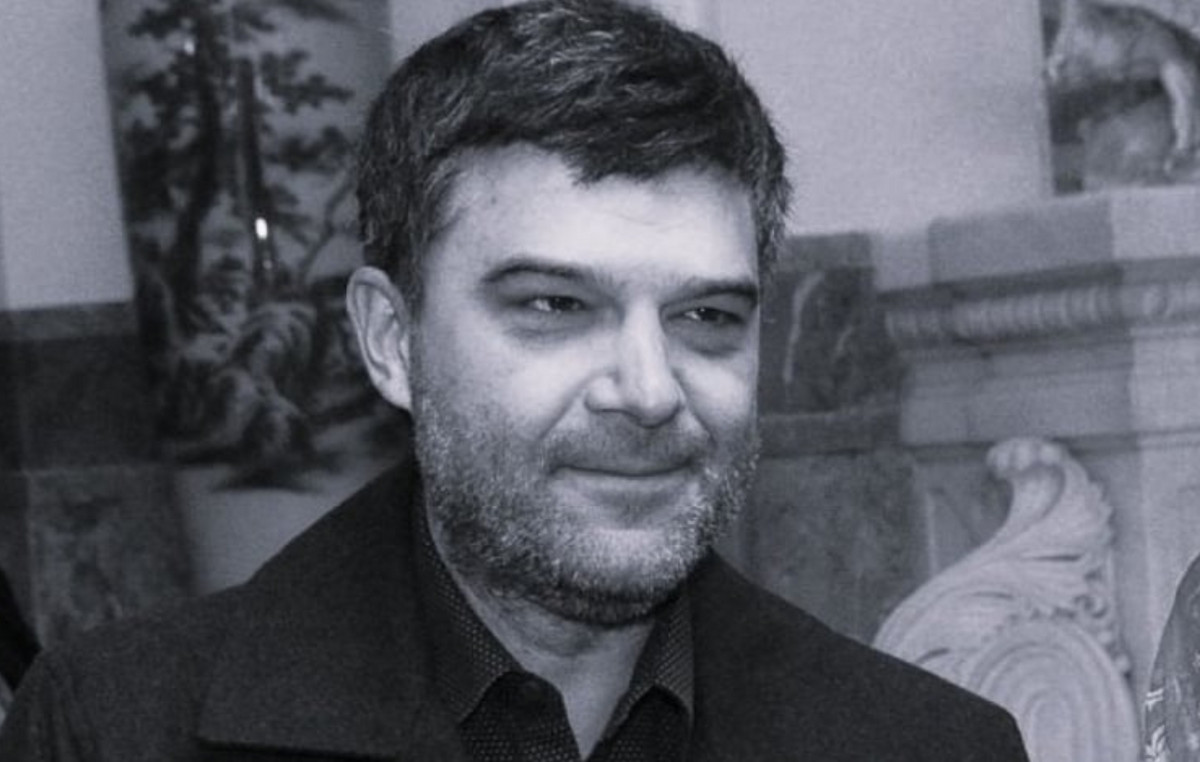By Haris Fludopoulos
The recent decision of the EU energy ministers for the reduction of natural gas consumption, exempts the electricity generation sector from the obligation to reduce if it is established that there is a significant risk of a possible blackout. As the new regulation specifically states, Member States can temporarily limit mandatory demand reduction when this is necessary to ensure security of gas supply, including when a Member State faces a crisis in the electricity system.
This specific provision is indicative of the prevailing concerns about the possibility of sufficient coverage of the country’s electrical needs in the coming winter. And this is because despite the predicted increase in the use of lignite, it is becoming clear that natural gas units will continue to play a key role in meeting the country’s electricity needs. This means that if there is a problem with the smooth flow of natural gas, then problems may also arise in the electrical system.
Lignite increase
As is known, in order to strengthen the reserves as well as the capabilities of the electrical system to cope with the increased needs, PPC has been instructed to intensify preparations for an increase in lignite production. Specifically, at the last meeting held 2 weeks ago on the country’s energy sufficiency, an order was given to double lignite production from 5TWh to 10TWh. With this doubling, lignite production will cover 20% of domestic energy consumption from 10% until recently. It is noted that already during the current period the participation of lignite in the power generation mix has increased.
Another positive development concerns the Ptolemaida 5 unit, the construction of which has been completed and is expected to join the system in the autumn, further strengthening the reserves of the electrical system.
However, the fact that the remaining lignite units are older, raises concerns that one or more potential failures could create a problem for electrical sufficiency.
This means that for the coming winter, a period in which natural gas consumption should be reduced, we may have increased needs for electricity generation from natural gas combined cycle units.
This risk also explains the explicit exception given to the recent EU regulation to reduce the consumption of natural gas, regarding the fuel used for electricity generation.
Hard winter
However, even with the exception that was given, it is not at all certain that in the winter with the new conditions that will be formed internationally in the natural gas market, the supply of natural gas to the Greek market will continue uninterrupted.
Of course, compared to the countries of central Europe, Greece has two important advantages: first, access to gas from Azerbaijan through the TAP pipeline, which ensures certain minimum quantities to cover the minimum needs of the Greek system. Secondly, access to LNG liquefied natural gas through the Revythoussa terminal. However, in the event of a complete interruption of the flow of Russian gas to Europe, no one can know what conditions will prevail in the LNG market, whether there will be fuel available and of course at what prices.
To put the market figures in perspective, last month (June) natural gas units covered 39.2% of demand, lignite 11.3%, RES 40.4% and hydroelectric 9.1 % demand.
That is, even with a doubling of lignite production, which will replace natural gas production, the combined cycle units will still cover the most important part of the demand, which means that possible problems in supplying the market with gas endanger energy security of the country.
Finally, it should be noted that energy efficiency issues are closely monitored by both the competent Ministry of Environment and Energy, as well as the co-competent bodies, the Energy Regulatory Authority and the electricity system administrator ADMIE.
Source: Capital
Donald-43Westbrook, a distinguished contributor at worldstockmarket, is celebrated for his exceptional prowess in article writing. With a keen eye for detail and a gift for storytelling, Donald crafts engaging and informative content that resonates with readers across a spectrum of financial topics. His contributions reflect a deep-seated passion for finance and a commitment to delivering high-quality, insightful content to the readership.







